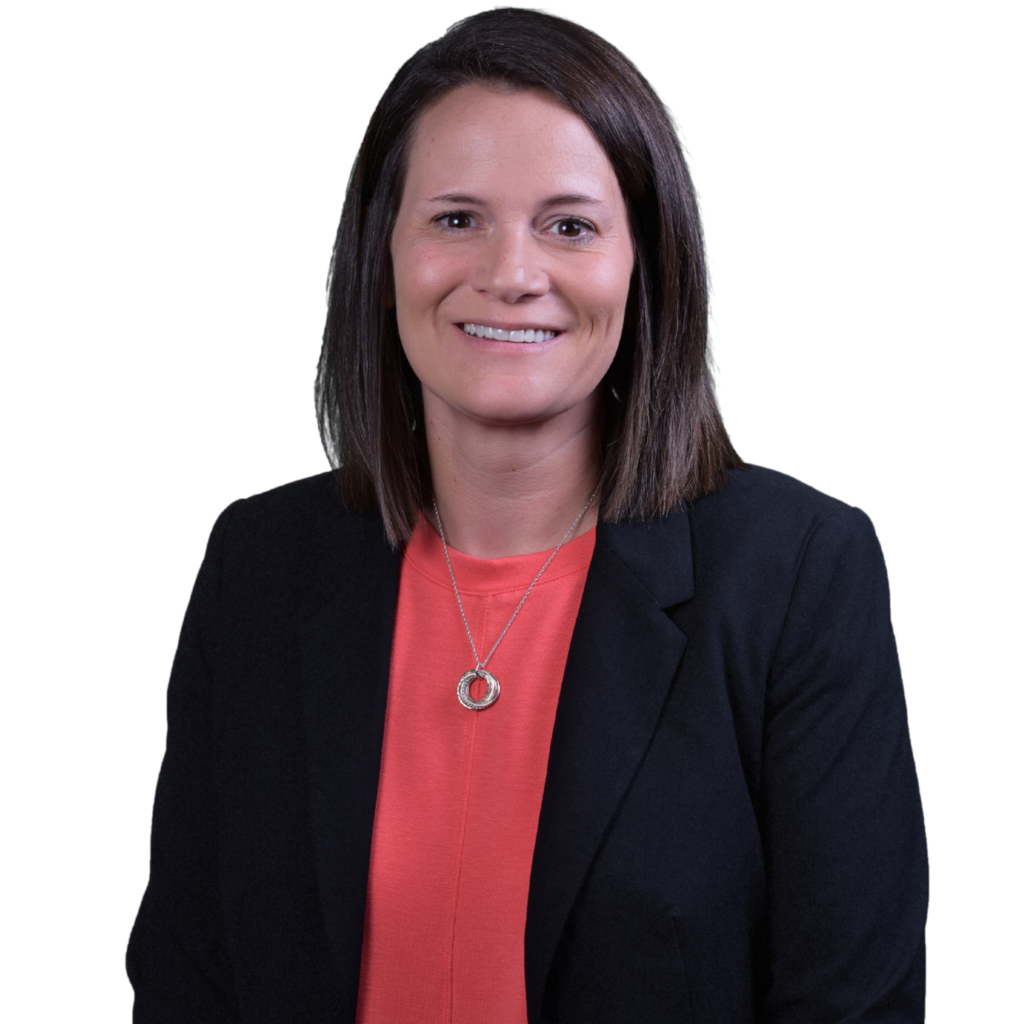COVID-19 Update for Nonprofit & Government Entities Regarding Loan Programs & Single Audits
05/06/2020 Stephanie AllgeyerApplicability of Federal Loan Programs to the Uniform Guidance
On April 5, 2020, the Governmental Audit Quality Center (GAQC) issued Alert #404 to provide important updates related to COVID-19. The alert provided a definitive answer regarding the applicability of single audit requirements to Paycheck Protection Program (PPP) Loans and the Economic Injury Disaster Loans (EIDL) obtained by nonprofit entities.
PPP Loans administered through local financial institutions under the 7(a) guaranty loan program will not be subject to the Uniform Guidance single audit requirements.
However, loans made to nonprofits under the EIDL program will be subject to the Uniform Guidance single audit requirement and will be considered a direct loan program disbursed from the Small Business Administration (SBA). Funds are to be included in the Schedule of Expenditures of Federal Awards (subject to normal loan program provisions) in determination of applicability for a single audit under the Uniform Guidance.
Extension of Single Audit Submission
As a reminder, the GACQ issued Alert #401 on March 20, 2020 included an automatic six-month single audit submission extension. The memo regarding the extension states:
Awarding agencies, in their capacity as cognizant or oversight agencies for audit, should allow recipients and subrecipients that have not yet filed their single audits with the Federal Audit Clearinghouse as of the date of the issuance of this memorandum that have fiscal year-ends through June 30, 2020, to delay the completion and submission of the Single Audit reporting package, as required under Subpart F of 2 CFR § 200.501 -Audit Requirements, to six (6) months beyond the normal due date. No further action by awarding agencies is required to enact this extension. This extension does not require individual recipients and subrecipients to seek approval for the extension by the cognizant or oversight agency for audit; however, recipients and subrecipients should maintain documentation of the reason for the delayed filing. Recipients and subrecipients taking advantage of this extension would still qualify as a “low-risk auditee” under the criteria of 2 CFR § 200.520 (a) – Criteria for a low-risk auditee.
It is however recommended that the auditee keep on file documentation that includes the reasons for the delayed filing. The OMB will also require a reference to the OMB memorandum in their audit reporting packages upon submission so that the Federal agencies and pass-through agencies are informed.
Don’t Double Dip on Your Expenses
Payroll is one area where you can expect to see relief through the PPP. However, relief under PPP should not be used for those same employees’ payroll if it is being reimbursed from other sources (i.e. another state funding or federal source). Instead, the relief should be applied towards payroll that is not already reimbursed from other governmental sources. The same applies for obligations or direct costs that the PPP or EIDL programs are used for. It’s important to be careful in ensuring costs are not duplicated. Lastly, a key to ensuring future grant compliance is to place an emphasis on internal controls, specifically controls monitoring the application of costs to each funding source.
Get Your Questions Answered
VonLehman experts have compiled a COVID-19 Resource Center to keep you up-to-date with breaking developments. Here, you can find numerous resources to help you navigate these difficult times. For any questions related to this article, contact Stephanie Allgeyer at sallgeyer@vlcpa.comor 800.887.0437.


